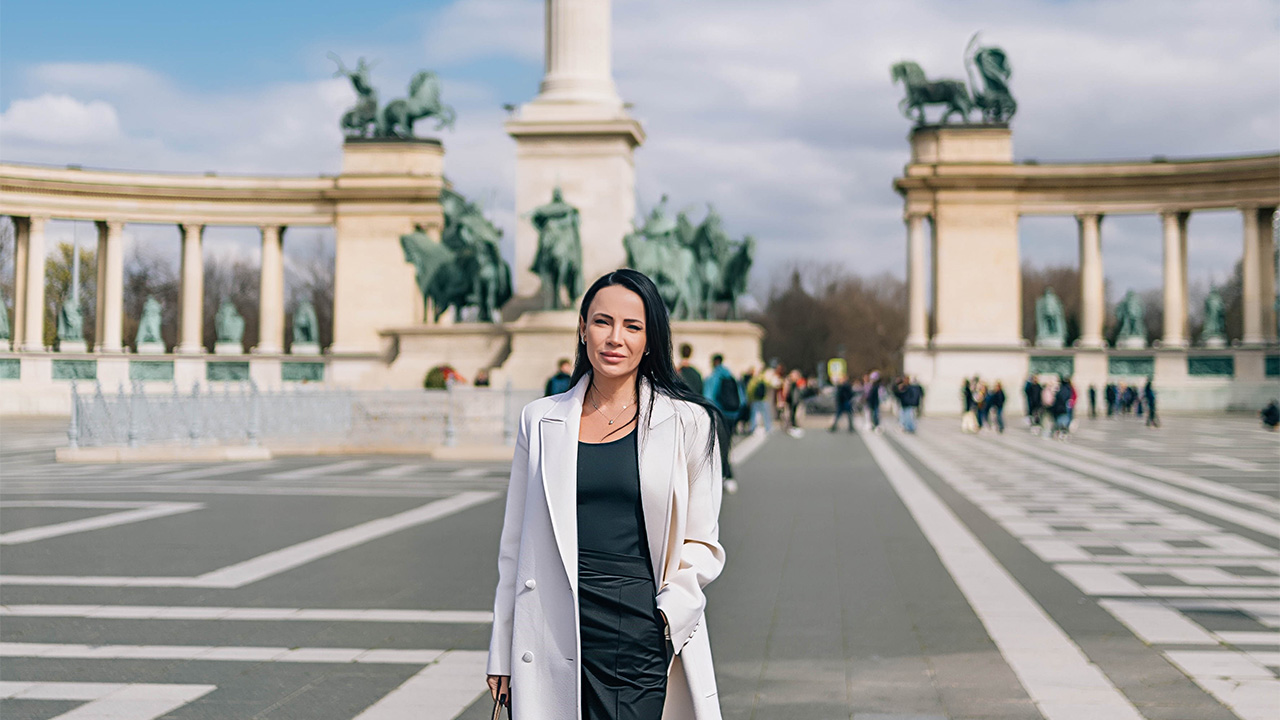
This year’s elections to the European Parliament became a key moment for the European Union and Ukraine. Alona Lebedieva, the owner of the Ukrainian multidisciplinary industrial and investment group of companies “Aurum Group” and an active participant of European initiatives, shared her impressions and analysis of the results, emphasizing significant changes in the political landscape of Europe.
The importance of civic engagement
Having received a letter from the President of the European Parliament, Roberta Metsola, Alona Lebedieva was extremely pleased with the words of support and recognition of her contribution to the promotion of European values and the involvement of citizens in the electoral process.
“In her address, Ms Metsola emphasized that our joint efforts contributed to an increase in voter turnout, which reflects the growth of civic engagement in Europe. This is an important indicator that European values of democracy and civic participation remain the highest. priority,” Lebedieva believes.
Political changes in the European Parliament
According to the official results, the group “Identity and Democracy” has significantly strengthened its position, which shows the growing support of nationalist and Eurosceptic parties among voters. In France, the far-right National Assembly won a big victory, while the liberal Renewal and Green parties lost about 20 seats each. The European People’s Party (EPP) remained the largest group in the parliament, gaining an additional 13 seats compared to the previous election.
Impact on Ukraine
Alona Lebedieva, who actively worked to promote European values and support Ukraine, noted that the new composition of the European Parliament will have a significant impact on EU foreign policy, especially in the context of the war in Ukraine.
“Our work together has led to an increase in voter turnout, which reflects the growth of civic engagement in Europe,” she said in response to Roberta Metsola’s letter.
“However, the new composition of the European Parliament may affect Ukraine’s support in the fight against Russian aggression. The growth of nationalist and Eurosceptic sentiments in some member states may make it difficult to achieve unanimous support for sanctions against Russia and the provision of military aid to Ukraine,” Lebedieva suggests. At the same time, she believes that maintaining the strong positions of the European People’s Party (EPP) and the Social Democrats (S&D) should ensure balance and support for a stable policy towards Ukraine.
Economic and ecological perspectives
Declining support for Green and liberal groups may affect the implementation of environmental initiatives, such as the Green Deal, which requires Ukraine to adapt and develop new strategies for sustainable development. However, the EU’s economic policy aimed at Ukraine’s integration into European markets and post-war recovery will remain a priority.
Next steps
Alona Lebedieva emphasizes that she will continue to work on strengthening Ukraine’s position in the European arena. “We should use every opportunity to protect our national interests, strengthen our ability to resist aggression from the Russian Federation, and develop stable mutually beneficial relations with EU countries,” she said.